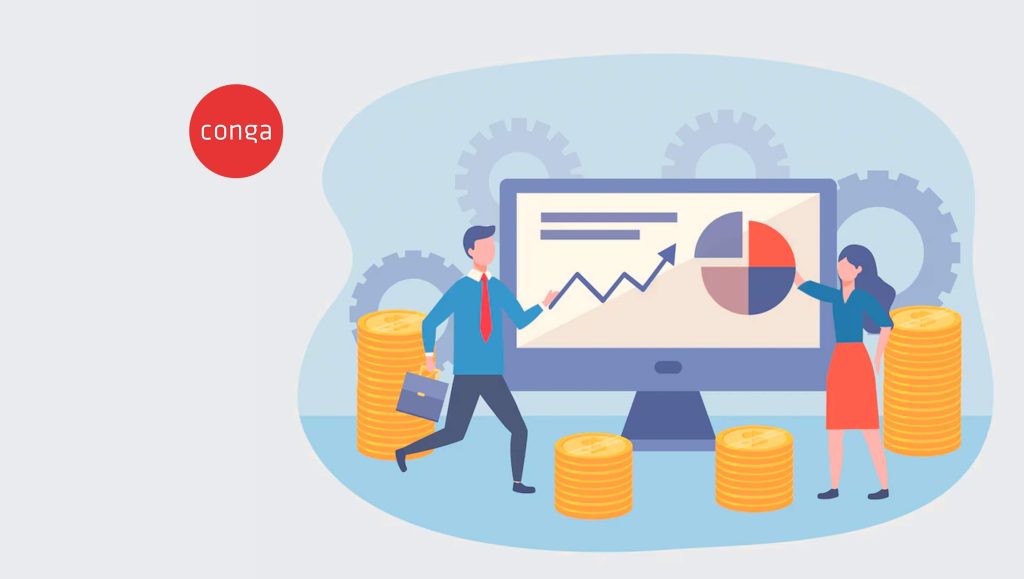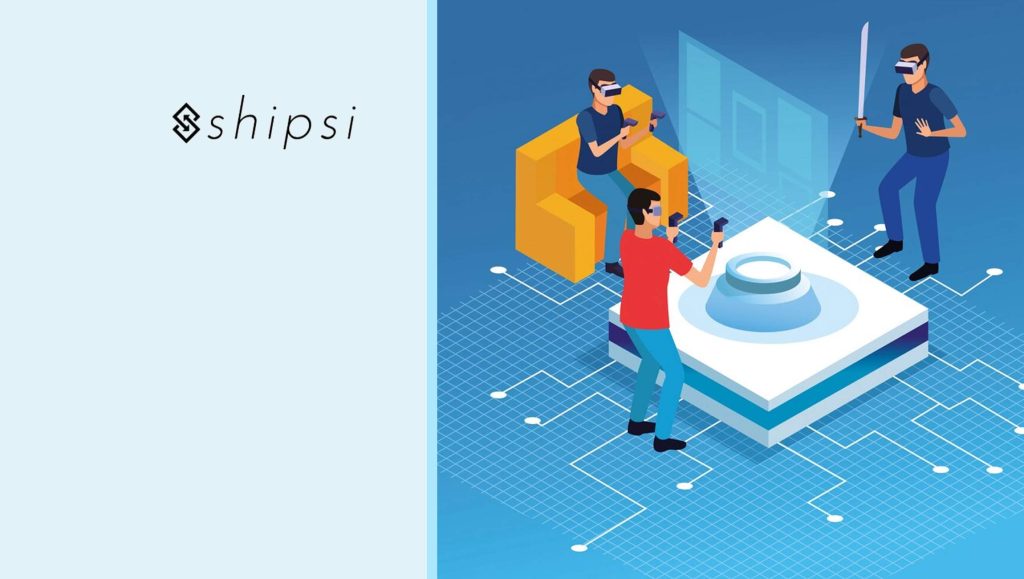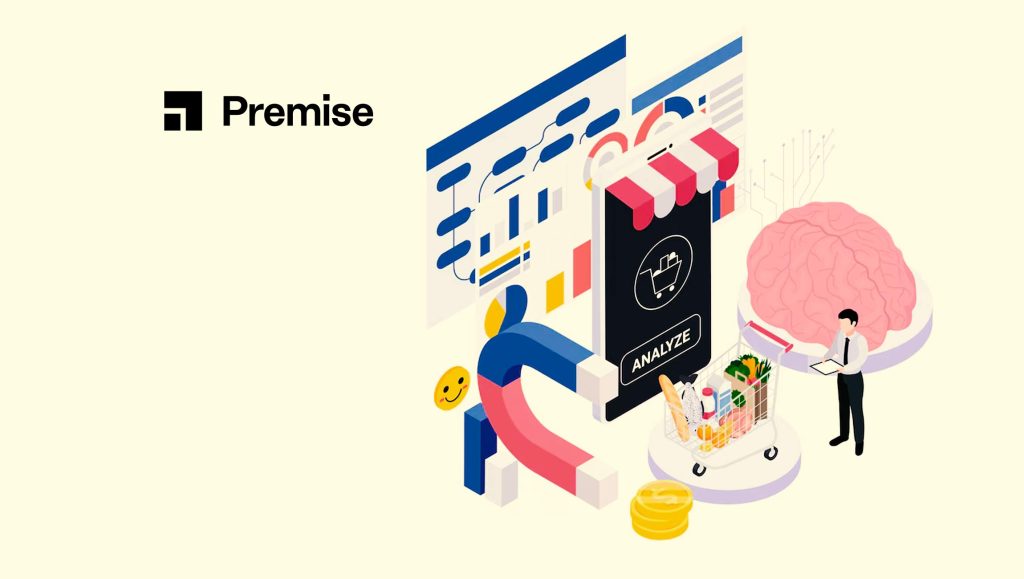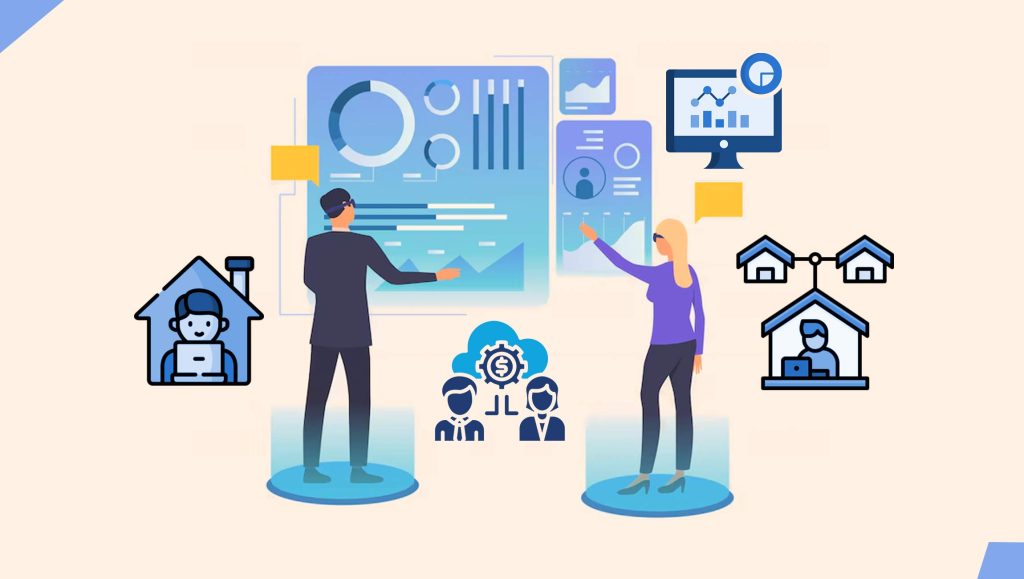Today, the old and traditional marketing concepts and protocols are deemed ineffective. We are in the era of next generation marketing and sales that bring together the power of analytics, agile processes, digital tools, along with people’s expertise to create an efficient and go-to marketing strategy. As organizations face a huge influx of digital channels and touchpoints, they have better opportunities to reach out to their target groups who couldn’t be reached through conventional marketing tactics. They need to embrace and utilize latest data and analytics to meet the evolving demands of the consumers.
B2B marketing has been about connecting customers at an emotional level. Companies do not buy things, people do. Every customer is different and thus, marketing is also subjective. It is challenging but with the help of data champions, we are able to solve it better than ever before.
The above statement makes us believe that data has become the backbone of marketing. Data shows us the direction, it tells us where should we focus our efforts, where we have weak competition, where the opportunity is great, and where we have the best chance of customer conversions.
So, what role does a B2B data champion play here? How do they help?
Talking about B2B sales, a champion is a stakeholder existing within the organization. He helps sales reps to navigate sales process. Champion potentially increase the chances of closing a deal by 114%, shorten sales cycle by 12%, and offer an average of 54% bigger size deals. Data helps B2B growth champions to improve ROI at the customer level. With the help of valuable data insights, these champions can align marketing with sales, revenue generation, demand generation, and Go-to market motions.
Hence the role of a Data Champion in a B2B landscape has become a pivotal one. Individuals who excel at navigating the sea of information becomes an indispensable part of the organization. However, becoming a data champion in an organization is not an easy feat, but with a well-define plan and purpose, you can turn yourself into a data champion who rules the revenues, numbers, and hearts in the organization.
Tips to Become a B2B Data Champion
1.The Foundation: Data Literacy
B2B data champions are fluent must be fluent in the language of data. A report by the Data Literacy Project revealed that organizations with a higher level of data literacy experience a 50% higher enterprise value. Thus, understanding complex datasets, interpreting analytics reports, and making informed decisions based on data insights are non-negotiable skills.
To achieve this, data champions must undergo continuous training to stay abreast of the latest data tools and technologies. Platforms like Tableau and Power BI are essential tools for transforming raw data into actionable insights.
Read More: SalesTechStar Interview with Karen Budell, CMO at Totango
2. Strategic Vision: Consistency and Foresightedness
Being a Data Champion is not just about crunching numbers; it’s about aligning data strategies with broader business objectives. A study by Harvard Business Review found that companies with well-aligned data and business strategies achieve a 67% higher revenue growth.
In the B2B space, this involves understanding the intricacies of the sales funnel and customer journey. Data Champions identify key performance indicators (KPIs) that directly impact business goals and use data to optimize processes, enhance customer experiences, and drive revenue.
3. Data-driven Personalization
According to Salesforce, 76% of B2B buyers expect personalized services. Data Champions leverage customer data to create targeted and personalized experiences, from tailored marketing campaigns to personalized sales pitches.
Utilizing customer relationship management (CRM) tools, Data Champions can track customer interactions, preferences, and pain points, allowing for highly personalized communication and engagement strategies.
4. Develop and Maintain Relationships
Understanding the data-driven insights enable data champions to better deal with the customers. When an organization knows the interests, preferences, and pain points of its customers, it can offer them solutions to cater to their concerns. Apparently, it helps in maintaining good relationships with them.
5. Agile Decision-Making
In B2B sales and marketing, where markets can change rapidly, the ability to adapt is crucial. A report by McKinsey & Company found that organizations that make data-driven decisions consistently outperform their peers.
Embracing an agile mindset involves using real-time data to pivot strategies swiftly. Data Champions leverage tools that provide instant insights, allowing them to capitalize on emerging trends, respond to market shifts, and stay ahead of the competition.
6.The Tech-toolbox
Artificial Intelligence (AI) and predictive analytics are becoming indispensable tools in the arsenal of Data Champions. By utilizing machine learning algorithms, businesses can predict customer behaviour, optimize pricing strategies, and identify high-value leads.
Investing in AI-driven tools enhances the accuracy of decision-making processes, enabling Data Champions to stay ahead in the competitive B2B landscape.
Wrapping Up
Data champions weave success in the tapestry of B2B sales and marketing. As artificial intelligence and predictive analysis become an indispensable part of organizations work culture, data champions have a bright future with these organizations.
It is all about embracing the latest tools and tech to change the face of your organization. If you want to take upon this new role in your workplace, it is time to start learning the new skills now.
On the last note, being a Data Champion is a journey, not a destination. Continuous optimization is the mantra for success in B2B sales and marketing. Regularly reviewing and refining data strategies based on performance metrics ensures sustained success.













